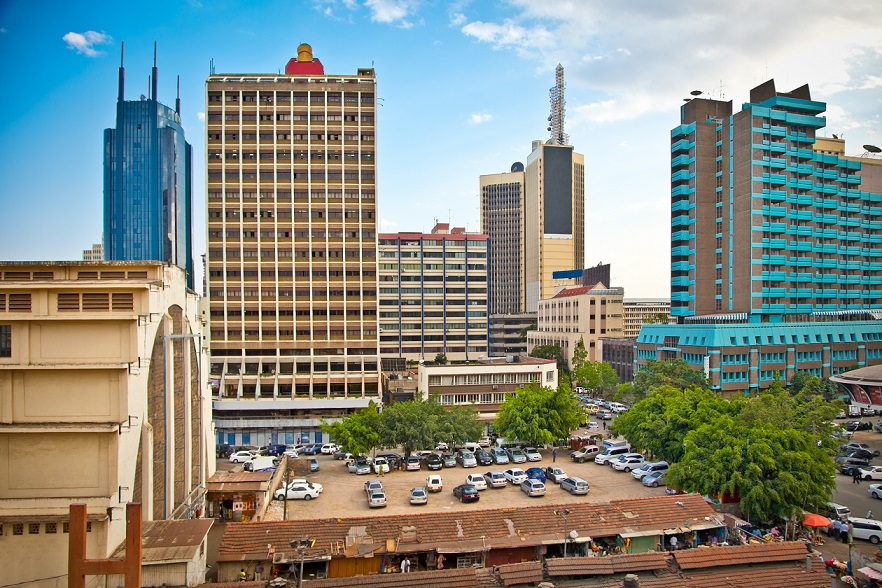Morocco aims to position itself as a strategic hub in the Middle East and North Africa by becoming one of the top performing countries in the region in terms of datacom infrastructure and in the Information and Communications Technology space.
Morocco is the first country in North Africa to install a 3G network and since then, the ICT sector in the country has witnessed great strides.
The ICT sector generates between 5% and 6% of GDP, of which telecommunications companies represent about half. However, technological growth coupled with strong political will and economic expansion is pushing Morocco’s ICT sector growth beyond telecommunications.
Being among the top three African countries with the largest internet networks, the Moroccan government launched Digital Morocco Plan 2020. The Plan relies on three main pillars:
Pilar I: Boosting e-government services and fostering the dissemination of ICT usage among Moroccan households
Pilar II: Positioning Morocco as a digital hub in French-speaking Africa and enabling the development of BPO services with high added values
Pilar III: Focusing on human resources to increase the regional competitiveness of the country and extend the potential growth of the market
The latest of the Digital Morocco 2020 Plan, Maroc Digital 2020, aimed to achieve 50% of administrative procedures online, reduce the digital access gap by 50%, train more than 15,000 IT professionals in Morocco and have at least 20% of SMEs equipped and connected to the Internet. The ICT sector has without a doubt benefited from the launch of the projects.
Beyond encouraging the use of ICTs in the business space, the African kingdom sought to improve its scientific community by incorporating the latest and most advanced technology.
The Mohammed VI Polytechnic University established the African Super Computing Center ASCC in 2021, a data centre with the fastest and most powerful supercomputer in Africa.
To launch the supercomputer, the ASCC was supported by the University of Cambridge and the companies Dell and Intel. The supercomputer aims to solve a number of academic, business and industrial problems across the continent. In addition, it seeks to make research tools open to African researchers, academics and entrepreneurs.
In addition, the Moroccan Digital Development Agency launched a digital platform that connects public institutions. This platform aims to facilitate administrative procedures for citizens by facilitating the exchange of information between different establishments and companies.
Much of the drive for the development of Morocco’s ICT sector has been concentrated on the Digital Morocco 2020 strategy. Pioneering the use of ICT in daily operations, the government has been ramping up efforts to implement digital solutions. By 2020 over 80% of operations at the Ministry of Interior were digitized, with nearly all Morocco’s port operations for international trade being electronic since 2019.
The government’s efforts to embrace and facilitate digitalization paid off as seen by the kingdom’s rise to 53rd out of 190 countries in the World Bank’s “Doing Business 2020” report, up seven places from 2019. The increase is mostly attributed to the wider adoption of ICT solutions in the country’s public sector.
Morocco’s efforts did not end in ranking. The kingdom also gained international recognition by organisations such as the European Investment Bank and the World Bank. In 2020, the World Bank offered the Moroccan government a financial subsidy to the tune of $500 million in aid to continue working on technological development.
Closely aligned with international trends in terms of technology adoption and growth, the Moroccan IT sector has visibly expanded in recent years. While international rankings place the Moroccan kingdom among some of the best-performing countries in both the North African region and on the African continent ICT-related indexes, infrastructure development and upgrades must be strengthened in order to create more sustainable development.
To achieve these ambitious plans the country should rely on the development of the telecoms and infrastructure sectors, improve information security regulations, and boost public services.
With the kingdom’s Digital Strategy moving in the right direction, ICT developments will continue to bridge national divides and cement Morocco’s position as one of the most important players on the African continent.


